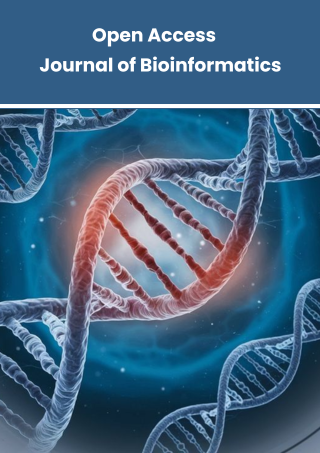Evolutionary Bioinformatics
Evolutionary bioinformatics focuses on the computational study of evolutionary processes by analyzing genetic, genomic, and molecular data across diverse species. Using phylogenetic modeling, sequence alignment, comparative genomics, and statistical inference, the field allows researchers to reconstruct evolutionary histories, identify conserved elements, and understand the mechanisms driving genetic variation and adaptation. Advanced computational tools help examine mutation patterns, selection pressures, gene family evolution, and species divergence at both macro- and micro-evolutionary scales. Evolutionary bioinformatics also integrates insights from population genetics, molecular evolution, and systems biology to explore how genomes change over time and how these changes influence biological function. As genomic datasets expand in size and diversity, robust evolutionary models and computational frameworks remain essential for advancing evolutionary theory, improving biological classification, and interpreting the genetic basis of traits and diseases.
Article Processing Timeline
| 2-5 Days | Initial Quality & Plagiarism Check |
| 15 Days |
Peer Review Feedback |
| 85% | Acceptance Rate (after peer review) |
| 30-45 Days | Total article processing time |
Indexed In
ResearchBib
Sindexs
OAJI
DOAJ
CrossRef
PubMed
MEDLINE
EBSCO A-Z / Host
OCLC - WorldCat
Journal Flyer


